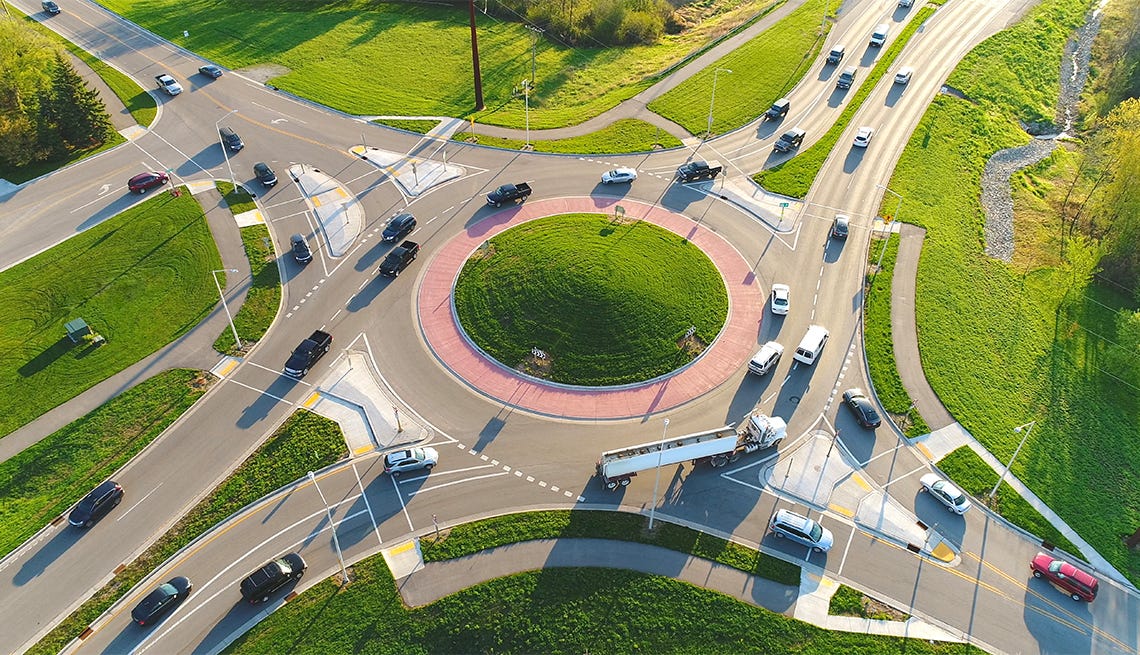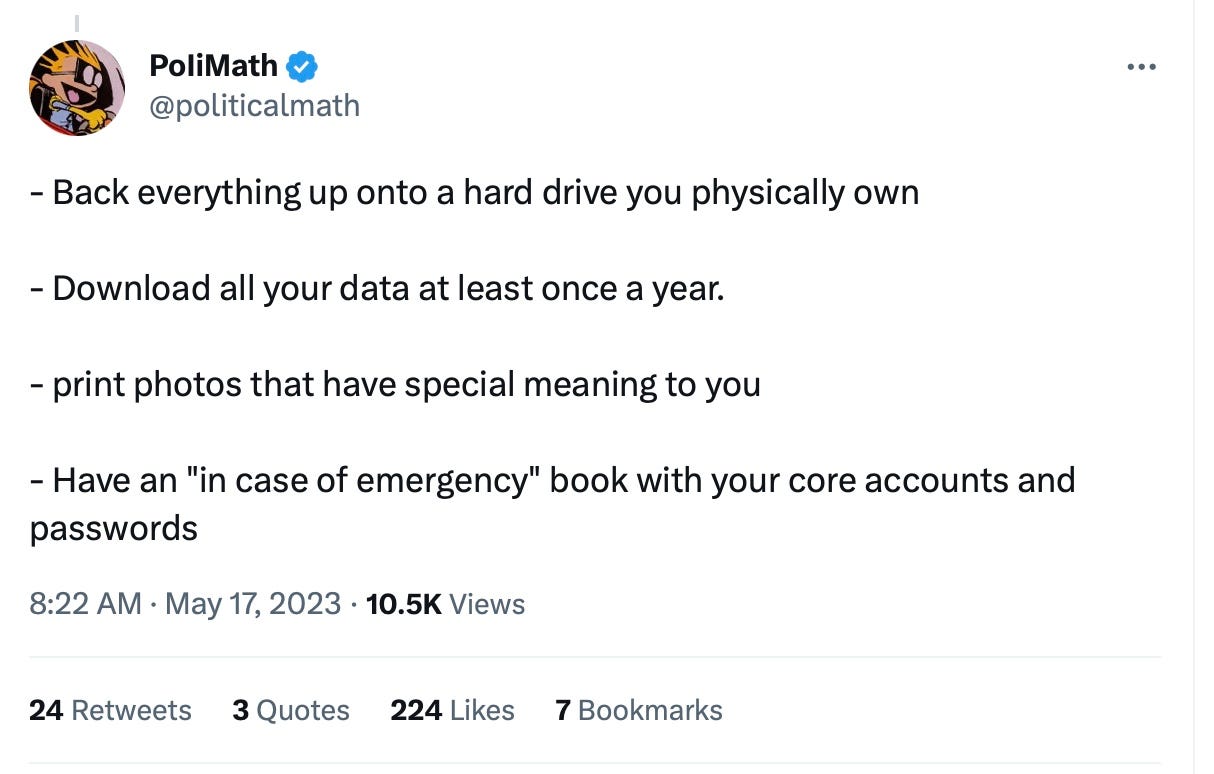How to Judge Systems
[Trivia: Who said it? “I understand it to be a principle of Democracy to whip foreign nations whenever they interfere with us.”]
There are two considerations for judging systems that, I think, need more attention. One is central, one is peripheral but still important.
First, systems should be judged by what they look like when each participating agent acts in his own self-interest. This is central, because this is as a rule how people will act.
Unsurprisingly, this is why the US federal government is one of world history’s greatest successes in the science of politics. It was an objective of the enterprise to preserve freedom, which meant separating the different powers of government. As Madison wrote in Federalist 47, “The accumulation of all powers, legislative, executive, and judiciary, in the same hands, whether of one, a few, or many, and whether hereditary, self-appointed, or elective, may justly be pronounced the very definition of tyranny.” Of course, the great question was not merely how to order that the powers be separate, but how to engineer a system that would see them remain so in practice in perpetuity. This too Madison illuminates, in the celebrated Federalist 51:
But the great security against a gradual concentration of the several powers in the same department, consists in giving to those who administer each department the necessary constitutional means and personal motives to resist encroachments of the others. The provision for defense must in this, as in all other cases, be made commensurate to the danger of attack. Ambition must be made to counteract ambition.
Their structuring the government hinged on their understanding that self-interested operation of man’s nature. As Madison also writes, “It may be a reflection on human nature, that such devices should be necessary to control the abuses of government. But what is government itself, but the greatest of all reflections on human nature?”
This is also why, to return to a favorite soapbox of mine, roundabouts are generally better than traffic-light intersections. Self-interested actors at traffic-light intersections are liable to:
Turn right on red without stopping
Turn left in front of oncoming traffic that has the right-of-way, playing a game of chicken with the other driver to let them pass
Run a red light when it appears that no one’s around
I see outcome 1 happen almost every day; I saw outcome 2 happen three Sundays ago, and also a couple months before that to disastrous outcome; I saw outcome 3 happen earlier today.
These things are precluded from the design of a roundabout. Yielding to existing traffic, entering the circle at a 30-or-so degree angle rather than a T-bone one, not having to bother with the government’s mother-may-I games of red lights even when no one’s around—these are built into the structure for a roundabout.
Which dovetails into my second metric for judging a system: a system should be evaluated based on what it looks like when it breaks.
A traffic-light intersection, if the power goes out, is lawless. And maybe people cooperate; the last time I came across an intersection without power, about 2 years ago, people were taking turns and behaving generally civilized. But, to reference our first consideration, systems aren’t good when they bank on the kindness of strangers.
A roundabout, though, can’t really break. It’s at least invulnerable to a power outage; something cataclysmic like an earthquake is going to do about as much damage as it would to any other road in its place. It’s literally just road, in place to guide people where they need to go. It’s like an escalator, which, the old joke goes, can’t break; it can only become stairs.
This is also a consideration with different ways of storing information. Behold, XKCD:
Computers and the Internet offer us a promise of immortality, at least for information and data. There’s some truth there, but a lot of caveats. Almost any type of actual repository for file storage is vulnerable to decay; this even applies to external hard drives. “The average lifespan for an external hard drive, assuming no physical damage occurs, is around 3-5 years, depending on the make, model and conditions it is stored in.” Physical materials decay. Even if you keep good care of your CDs (say), will you be able to play them? Will your computer have any of the necessary ports to connect to the storage hardware you picked? Storing data on Google or something sounds good—but you need electricity, an Internet connection (perhaps a really strong one to access), and the ability to access your account. And that’s taking Google in particular for granted in a “too-big-to-fail” kind of way, that plenty of other file storage sites can’t.
What happens to your data if Google decides to start charging high fees for even basic storage?
What happens if you die?
I do recommend printing out photos that you really care about. For all the files of photos that I hypothetically have, and are buried in folders of folders on external hard drives, the dozen or two that I’ve printed and displayed in my home get 99% of the attention and fondness I wind up paying to them.
~
Answer: Abraham Lincoln, Speech at Cincinnati, 1859. It’s not quite the Hallmark quote as when he said “As I would not be a slave, so I would not be a master. This expresses my idea of democracy. Whatever differs from this, to the extent of the difference, is no democracy.”






